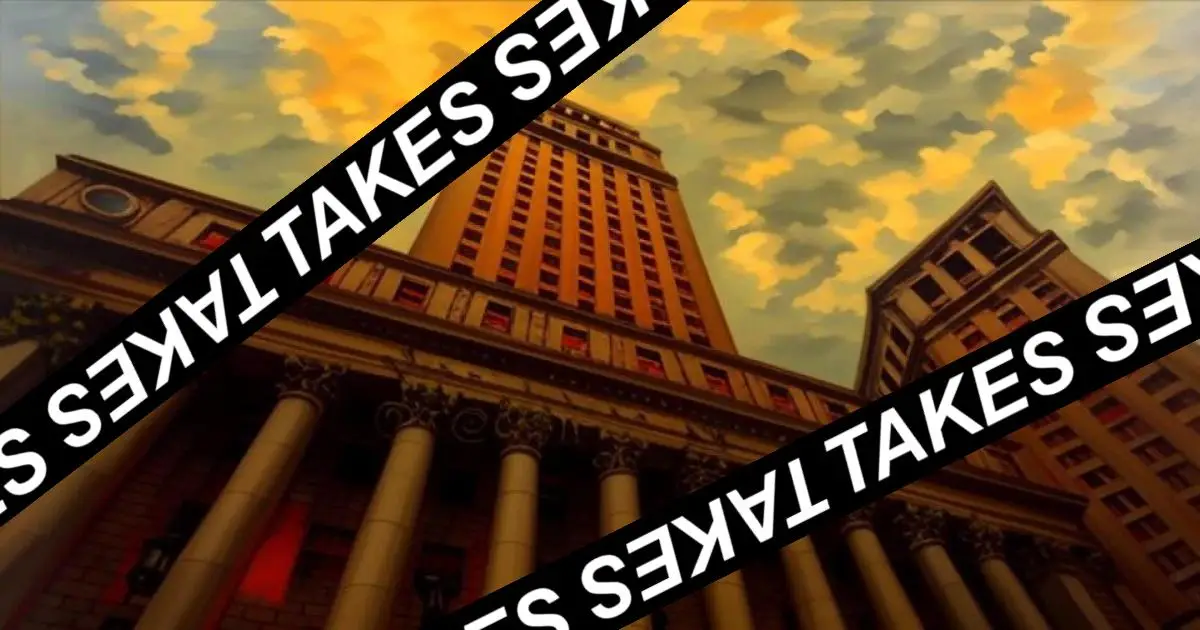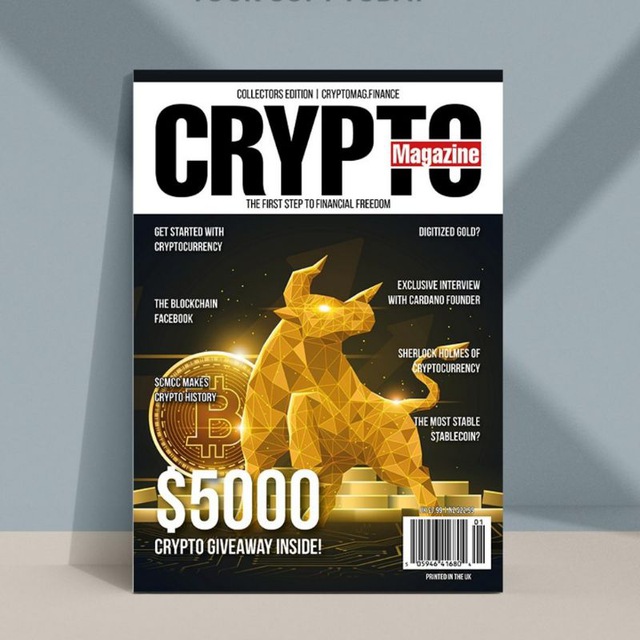Bitcoin Magazine

Trump Admin Silent as Tornado Cash Verdict Threatens Bitcoin Privacy
Major developments in both the Tornado Cash and Samourai Wallet trials that took place earlier this month may set dangerous precedents for the Bitcoin and crypto industry as a whole. The two defendants who developed Samourai Wallet, a popular Bitcoin privacy app, made a plea deal accepting the charges of being an unlicensed money services business, while Roman Storm, developer of Tornado Cash, an Ethereum smart contract that also unlocked financial privacy for its users, was found guilty on one of three charges — that of being an unlicensed money services business.
The irony? Both of these companies were started after FINCEN, the U.S. institution that regulates money transmitters, had given clear guidance that services that did not control user funds were not subject to the regulations. Neither Samourai Wallet nor Tornado Cash had control over user funds. They both functioned as noncustodial technologies — protocols by which users could interact, never trusting the developers with the bitcoin or ether being transferred.
This is akin to a VPN (virtual private network) used regularly by millions of people to protect their basic user data and privacy from hackers and third parties on the internet, being found guilty of operating a radio station. Yeah, it makes no sense.
The DOJ’s Sovereign Southern District of New York went ahead with the charges anyway, despite having clarity on the guidance as revealed by Roman Storm’s defense lawyers during the Tornado Cash trial.
The verdicts were mixed and while the industry has expressed some relief over the results (since the worst fears about these trials threatened to land all developers involved in prison for decades), the five or so years that seem to be expected in sentencing for the defendants are nevertheless impactful. The legal ramifications to other developers throughout the computer science world, not just crypto, are yet to be understood or fleshed out.
If Roman can be found guilty of the behavior of users of his smart contract app — which he had no capacity to shut down or impose a fundamental filter on — then what liability are normal software developers now exposed to?
Most odd of all has been the silence from the Trump administration, Trump who explicitly campaigned on protecting self custody and setting the table for the United States to be the crypto capital of the world. How do they expect that to happen now? Why did they not do more to stop this government overreach initiated by Biden’s DOJ? Is the DOJ not politically in control of the SDNY?
The one thing the administration did do, however, was publish the The White House Digital Assets Report, a blueprint from President Trump’s Working Group on Digital Asset Markets. It outlines over 100 legislative and regulatory recommendations to “foster blockchain innovation in the United States.”
The one subtle pearl of hope that week was that the document quoted Satoshi Nakamoto as the creator of Bitcoin extensively, and is said by experts to lay the groundwork for the passing of the CLARITY Act. This act has most recently included language that protects self custody and privacy-preserving technology in crypto at a legislative level.
It would be a big relief to the industry to get a more explicit statement from the Trump administration, as software developers across the industry should start to consider their options — including, probably, getting a solid lawyer until the legal dust settles.
This post Trump Admin Silent as Tornado Cash Verdict Threatens Bitcoin Privacy first appeared on Bitcoin Magazine and is written by Juan Galt.




